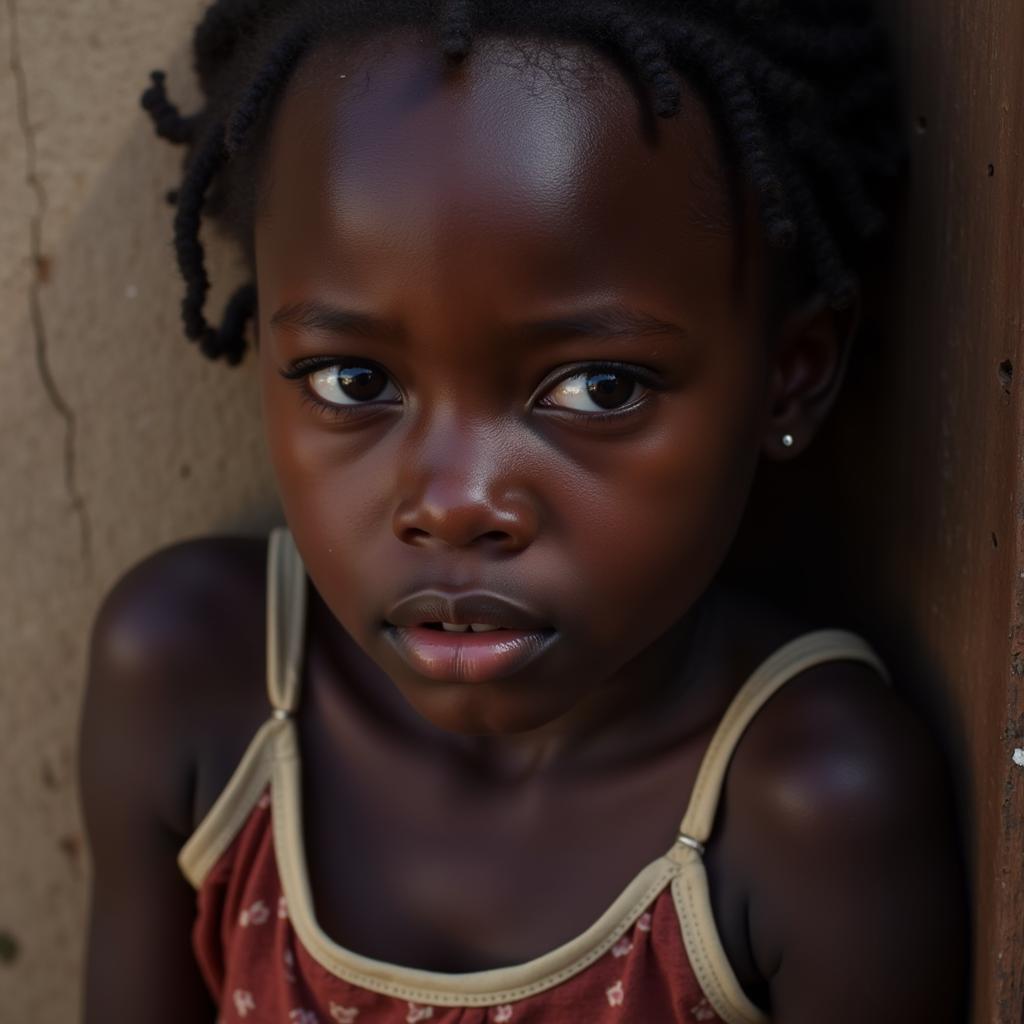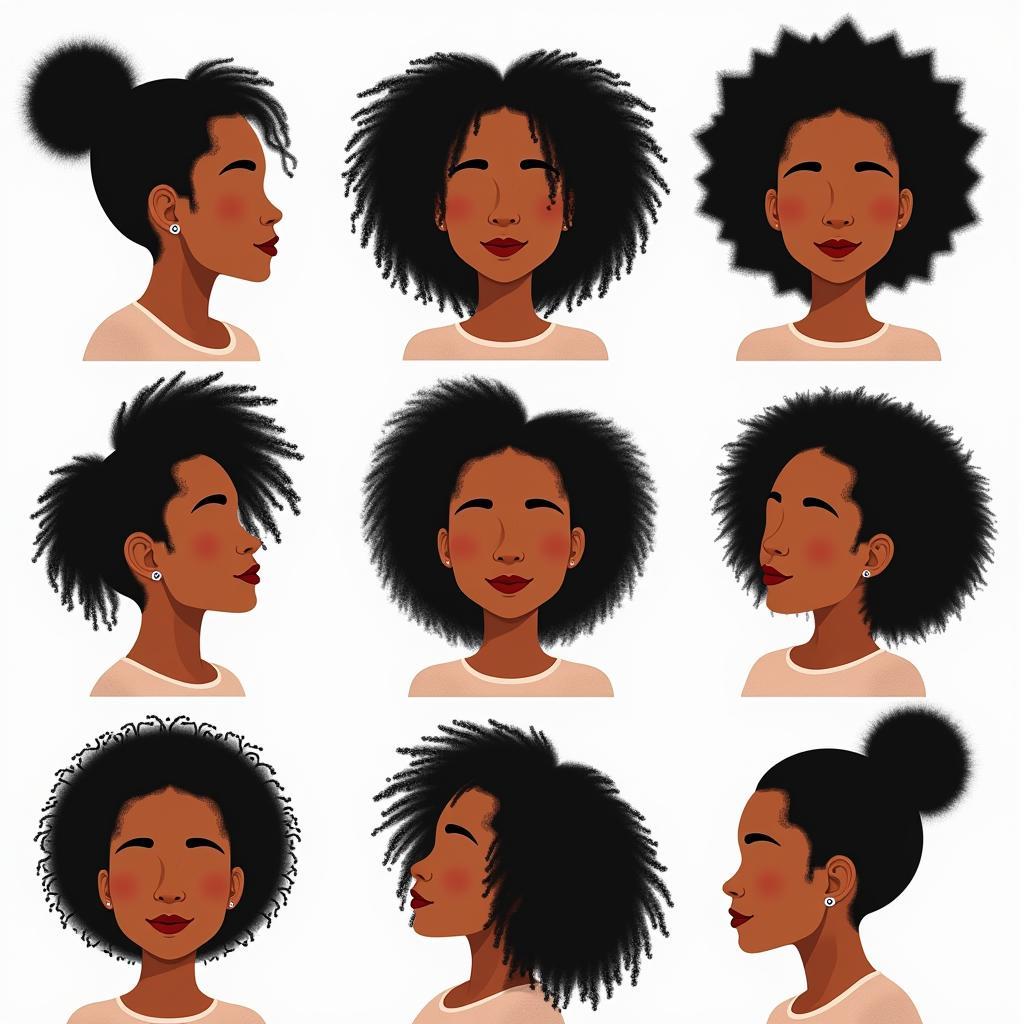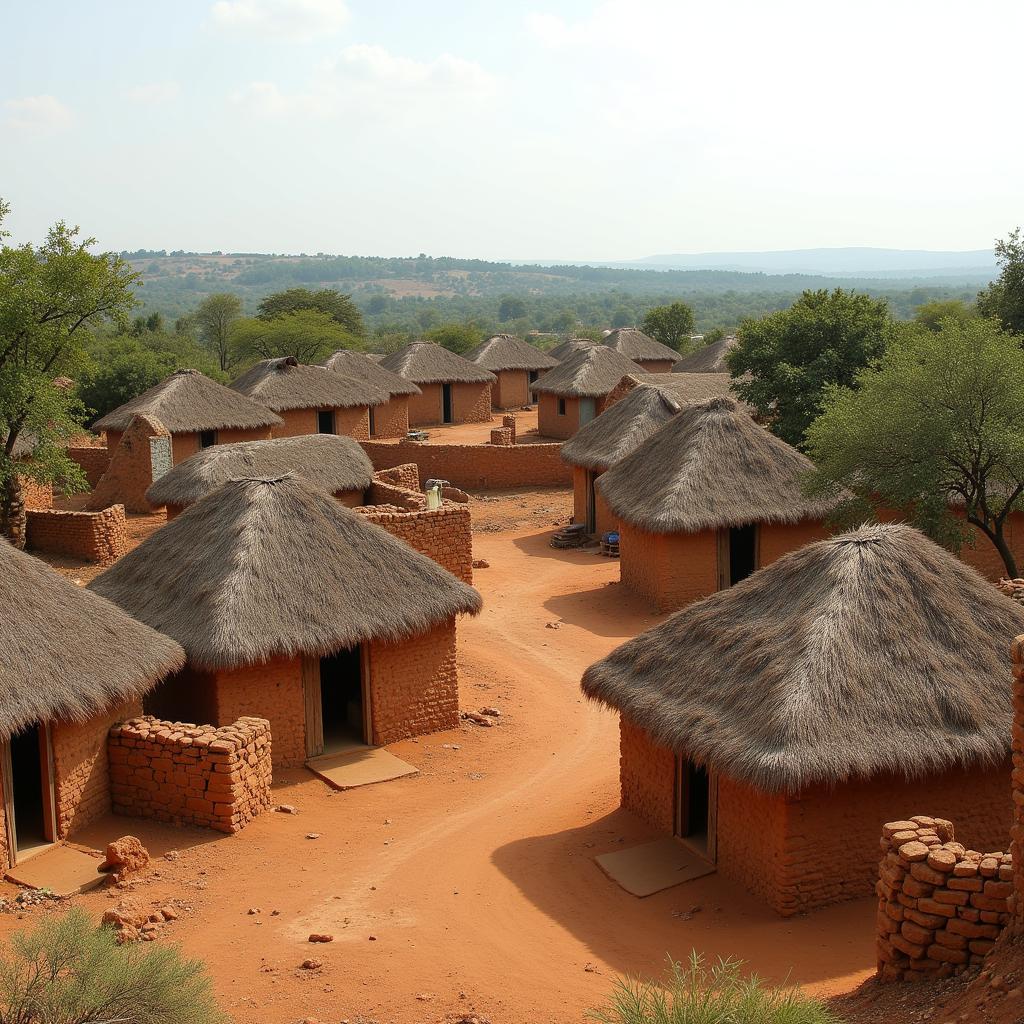The Unseen Struggle: Understanding the Plight of African Girls Abducted
The issue of abducted African girls is a complex and deeply troubling reality that often remains hidden from the global spotlight. While headlines occasionally break through, revealing the horrors of mass kidnappings, the day-to-day struggle of countless girls across the continent is a silent epidemic. These abductions, often fueled by poverty, conflict, and deeply ingrained societal beliefs, represent a devastating violation of human rights and leave long-lasting scars on individuals, families, and communities.
The Multifaceted Nature of Abduction in Africa
Understanding the plight of abducted African girls requires acknowledging the multifaceted nature of this issue. It’s not a singular problem with a single cause, but rather a web of interconnected factors that contribute to its prevalence:
- Forced Marriage: In many parts of Africa, child marriage remains a deeply rooted practice, often driven by poverty and the perception of girls as economic burdens. Young girls are forced into marriages, often with much older men, stripping them of their childhood, education, and future aspirations.
- Conflict and Instability: Regions engulfed in conflict are particularly vulnerable, with armed groups using abduction as a tactic of war. Girls are often forced to become child soldiers, subjected to sexual violence, or used as domestic slaves.
- Human Trafficking: Africa is a major source, transit, and destination for human trafficking, with girls and women disproportionately affected. They are trafficked for various exploitative purposes, including forced labor, sexual exploitation, and organ harvesting.
- Ritual Practices: In some traditional communities, harmful practices involving abduction persist. Girls may be kidnapped for ritual killings, forced into sexual rituals, or subjected to other forms of abuse rooted in superstitious beliefs.
The Devastating Impacts of Abduction
The trauma inflicted upon abducted African girls is immeasurable, with long-term consequences that extend far beyond their initial captivity:
- Psychological Trauma: Victims often suffer from severe psychological trauma, including post-traumatic stress disorder (PTSD), anxiety, depression, and suicidal thoughts. The experience of captivity, abuse, and exploitation leaves deep emotional scars that can impact their lives for years to come.
- Physical Health Issues: Abducted girls are often subjected to physical violence, sexual abuse, and deprivation, leading to a range of physical health problems. They may suffer from injuries, malnutrition, sexually transmitted infections (STIs), and complications from forced pregnancies.
- Loss of Education and Opportunity: Abduction robs girls of their education, denying them the chance to develop their full potential and participate fully in society. This lack of education perpetuates cycles of poverty and limits their future prospects.
- Social Stigma: In many communities, abducted girls face significant social stigma upon their return. They may be ostracized, blamed for their ordeal, or considered “damaged goods,” making it challenging to reintegrate into their communities.
 A young African girl with a somber expression, reflecting the emotional toll of abduction
A young African girl with a somber expression, reflecting the emotional toll of abduction
Breaking the Silence: International Efforts and Local Initiatives
Addressing the complex issue of abducted African girls demands a multi-pronged approach, involving international collaboration, government action, and grassroots movements:
- International Awareness: Raising global awareness about this often-overlooked crisis is crucial. International organizations, NGOs, and media outlets play a vital role in shedding light on the issue, advocating for change, and holding perpetrators accountable.
- Legal Frameworks and Enforcement: Governments across Africa must strengthen legal frameworks to criminalize all forms of abduction and ensure that perpetrators are brought to justice. This includes addressing corruption, improving law enforcement capacity, and strengthening judicial systems.
- Empowering Local Communities: Grassroots organizations and community leaders are instrumental in driving change from within. They can educate communities about the harmful effects of abduction, challenge traditional practices, and provide support for survivors.
- Economic Empowerment: Investing in education and economic opportunities for girls is essential to break the cycle of poverty that often fuels abduction. Empowering girls through education and skills development can help reduce their vulnerability and create a brighter future.
A Shared Responsibility: Working Towards a Future Free from Fear
The abduction of African girls is not just an African problem; it’s a global issue that demands our collective attention and action. By amplifying the voices of survivors, supporting local initiatives, and advocating for systemic change, we can create a world where all girls can live free from fear and reach their full potential.
 A group of African women stand together, hands clasped, symbolizing unity and support
A group of African women stand together, hands clasped, symbolizing unity and support
FAQs About Abduction of African Girls
What are some of the challenges in addressing this issue?
Addressing this complex problem faces various challenges, including limited resources, lack of access to affected areas, cultural sensitivities, and deeply entrenched traditional beliefs.
How can I help make a difference?
You can contribute by raising awareness, supporting reputable organizations working on the ground, advocating for policy changes, and educating yourself and others about the issue.
Are there success stories of girls who have escaped or been rescued?
Yes, while each story is unique and filled with challenges, there are inspiring stories of survivors who have shown incredible resilience, rebuilt their lives, and become advocates for change.
What role can men and boys play in ending abduction?
Men and boys have a crucial role in challenging harmful gender norms, promoting gender equality, and speaking out against all forms of violence and exploitation against girls and women.
Need Help or Want to Learn More?
If you need support or want to learn more about how to get involved, please contact us:
Phone: +255768904061
Email: kaka.mag@gmail.com
Address: Mbarali DC Mawindi, Kangaga, Tanzania
Our dedicated team is available 24/7 to assist you.


